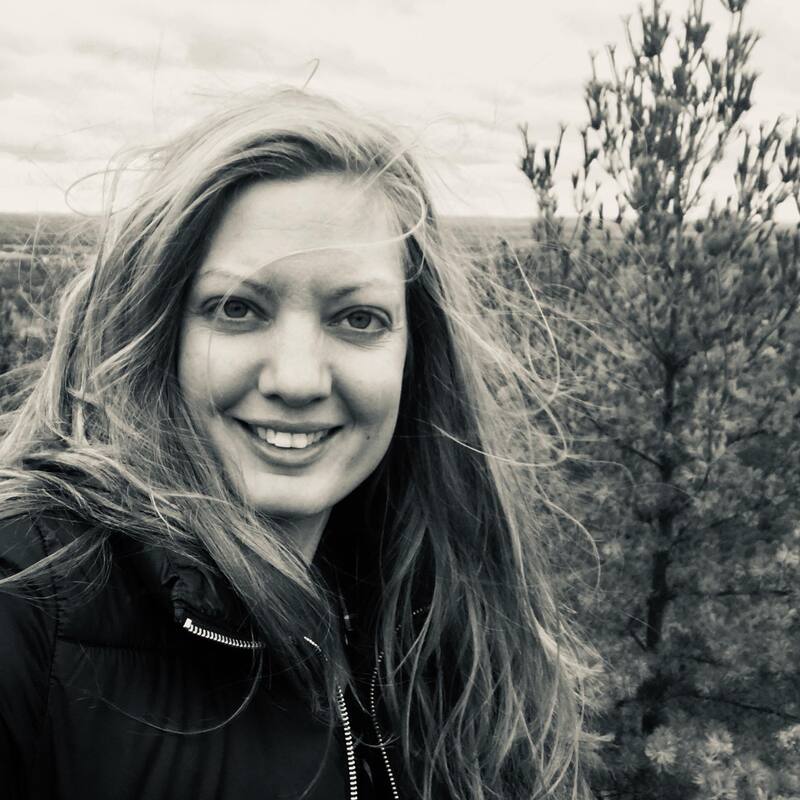Rock! Paper! Scissors!
Tools for anarchist + Christian thought and action
Vol 2. No. 3
Decolonization, Incarnation, and Liberation
Decolonization, Incarnation, and Liberation
Guest editor: Seth Patrick Martin


 RSS Feed
RSS Feed